Winners of this year’s President’s Awards for Excellence were announced at yesterday’s awards ceremony.
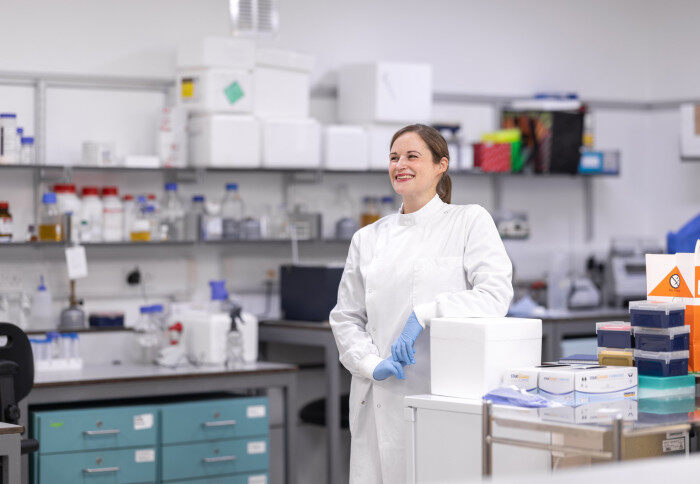

The President’s Awards for Excellence have four streams: Culture and Community, Education, Research, and Societal Engagement. Those awardees judged to have made particularly exceptional contributions within each category are selected to receive the President’s Medal.
Addressing the award-winners, Imperial’s President Professor Alice Gast said: “It’s heart-warming and inspiring to hear about all of your achievements, even more so when you have faced uncertainty and overcome challenges. You make Imperial an exciting place to study, a rewarding place to work, a source of solutions, a valued partner and a beacon of hope for the future. I am proud to be your colleague and I am sure I speak for everyone here today when I say, ‘thank you’.”
We spoke to some of this year’s medal winners about their success.
Dr Victoria Male: Societal Engagement
Dr Victoria Male, Lecturer in Reproductive Immunology in the Department of Metabolism, Digestion and Reproduction, won the President’s Medal for Excellence in Societal Engagement for her work engaging with and helping to inform the public, particularly about COVID-19 vaccine safety in pregnancy.
Her work meant that thousands of women had access to accurate and understandable information to enable them to make an informed decision about COVID-19 vaccination. This was particularly important between April and December 2021, when clear national messaging from the Government and others was lacking.
“I’ve always known that engagement is an important part of research: after all, what’s the point of doing research if you don’t share your findings? But until recently, I hadn’t really found my voice,” Victoria said.
“That all changed in December 2020, when rumours started circulating on social media that COVID vaccination would raise an immune response to the placenta that would cause infertility and miscarriages. I study immune responses to the placenta, so if I wasn’t going to tackle these rumours, then who would?”
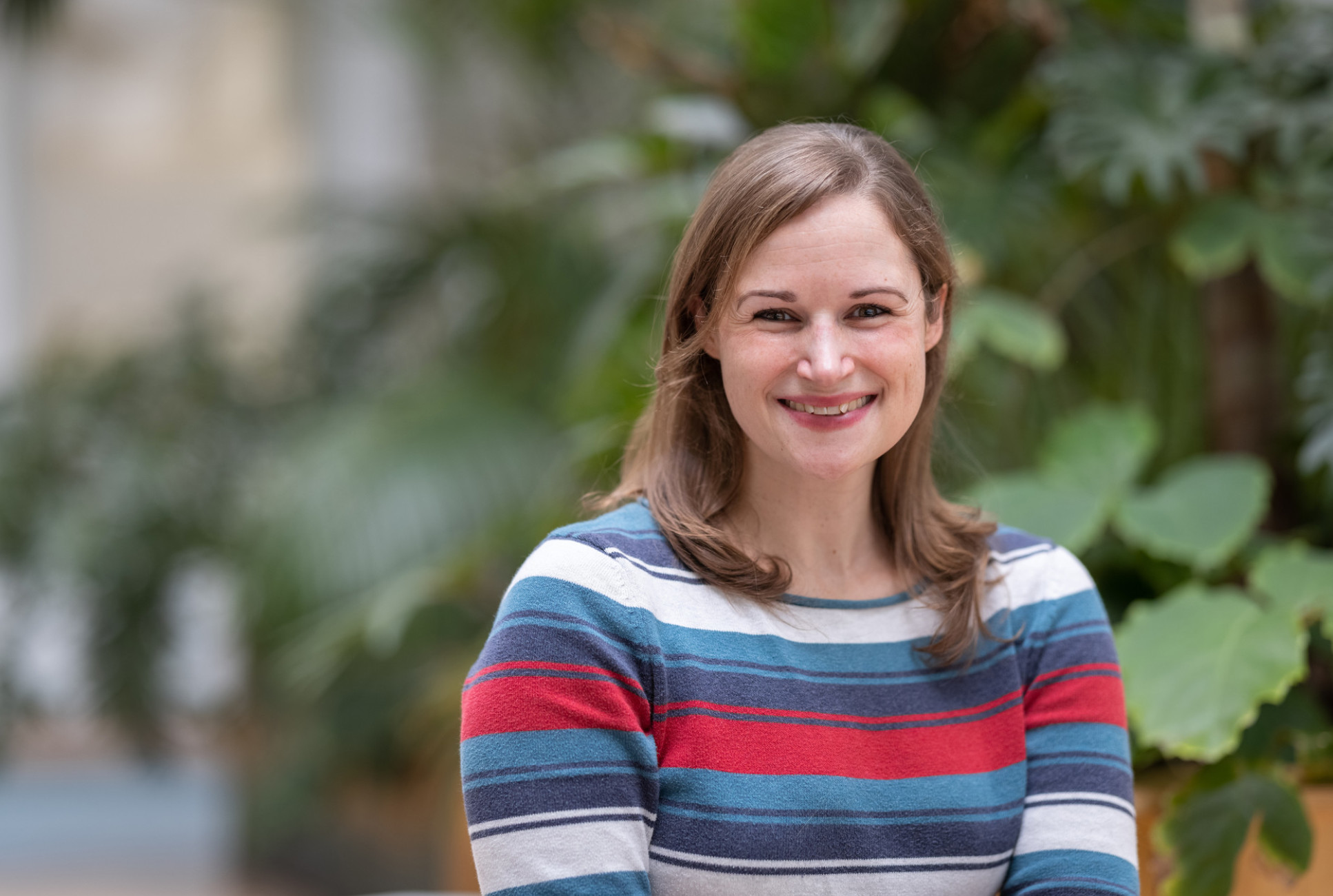

“People who were pregnant and deciding whether to get vaccinated understandably had concerns, and at the beginning there was very little evidence,” Victoria recalled. “This meant that I had to be very careful in laying out the potential for risks and benefits, both of getting vaccinated and of not getting vaccinated. Later on, the evidence mounted quickly and I had to work hard to keep up with that.
“Finally, there’s been a whole other strand to this story, which is the people who deliberately spread misinformation – the tools needed to address misinformation are very different from those when talking to people who genuinely want information, and it can be quite draining.”
Reflecting on winning the medal, Victoria said: “It means a lot to my whole family, really. I’ve spent a lot of evenings and weekends over the last 18 months engaging with people about COVID vaccination… chasing my kids out of the room so I could do webinars and interviews without them wandering into shot (although I didn’t entirely avoid that!). It’s nice to feel like all that work and time is valued.”
Dr Ravi Parekh: Teaching Innovation
Dr Ravi Parekh, Deputy Director of Medical Education Innovation and Research in the Faculty of Medicine, was awarded the President’s Medal for Excellence in Teaching Innovation.
Ravi co-founded and now co-leads Imperial’s Medical Education Innovation & Research Centre. He uses educational research to both improve existing teaching as well as launching new initiatives. “Our team believe passionately in the power that education has in helping to address societal problems, in particular, related to health & social inequalities,” Ravi said.
“We have seen the impact our students can have when working in partnership with communities for transformational learning, as well as the ability to contribute through meaningful service to the priorities of the local community.”
Ravi has designed and led innovative longitudinal courses for medical students based in the community. These courses involve medical students spending a longer time immersed within a clinical team as part of their curriculum, with students forming meaningful relationships with patients, staff and their peers. “Students take an active role with their patients, often advocating for them and guiding them through their healthcare journey,” Ravi explained. “Clinical learning occurs in an authentic manner, synergistically with patient care, with continuity with patients, curriculum and supervision as a core guiding principle.”
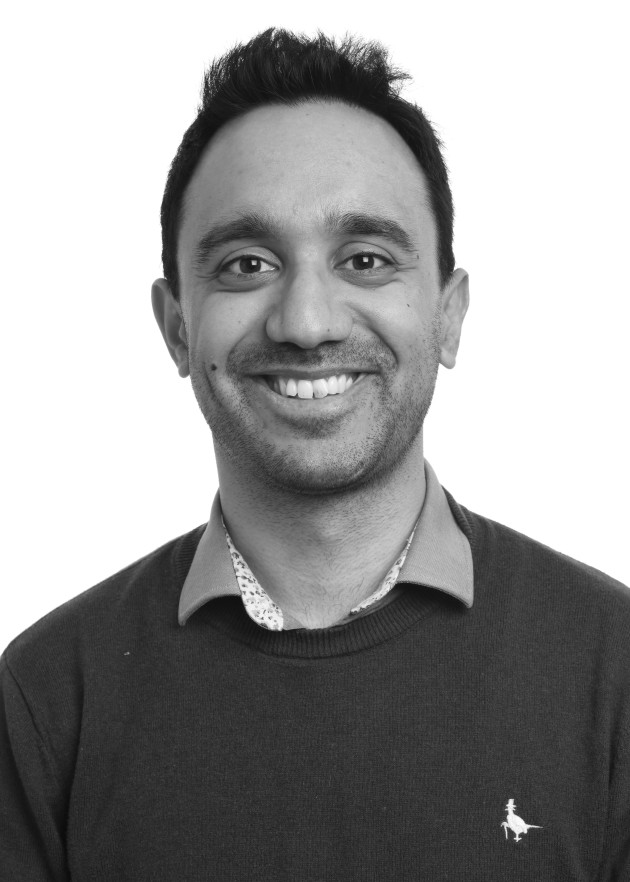

“The best part of working with students for me has been in seeing the students flourish as they progress through the curriculum, but also as they graduate and become junior doctors,” Ravi commented. “I have been very fortunate to still be in touch with a number of students I have taught over the years at Imperial, and it’s always so rewarding to see them excel and succeed. I feel honoured to have been a part of their educational journey.”
In the nomination form for this award, a student stated: “Dr Parekh embodies everything students value at Imperial, the drive for educational innovation and excellence, and compassion and respect for the many students privileged to have worked alongside him.”
Reflecting on the award, Ravi said: “I feel honoured and humbled in winning the medal. I feel it is an award for our whole team, which reflects the quality and impact of our work at MEdIC. I am very lucky to be surrounded by an incredibly talented and inspirational team, who have supported me through my educational journey.”
Professor Nilay Shah: Culture and Community
Professor Nilay Shah, Professor of Process Systems Engineering in the Department of Chemical Engineering, won the President’s Medal for Excellence in Culture and Community for his work chairing the Imperial History Group. The Group was commissioned to examine the history of the College through its links to the British Empire, and to report on the present understanding and reception of the College’s legacy and heritage in the context of its present-day mission.
Sara West, who nominated Nilay for the award, said: “The impact on not just the current community but potential future generations of Imperial staff and students, particularly those from non-white backgrounds, cannot be understated. This project was ambitious and unique, and I’m pleased to see Nilay’s role as Chair recognised in this way.”
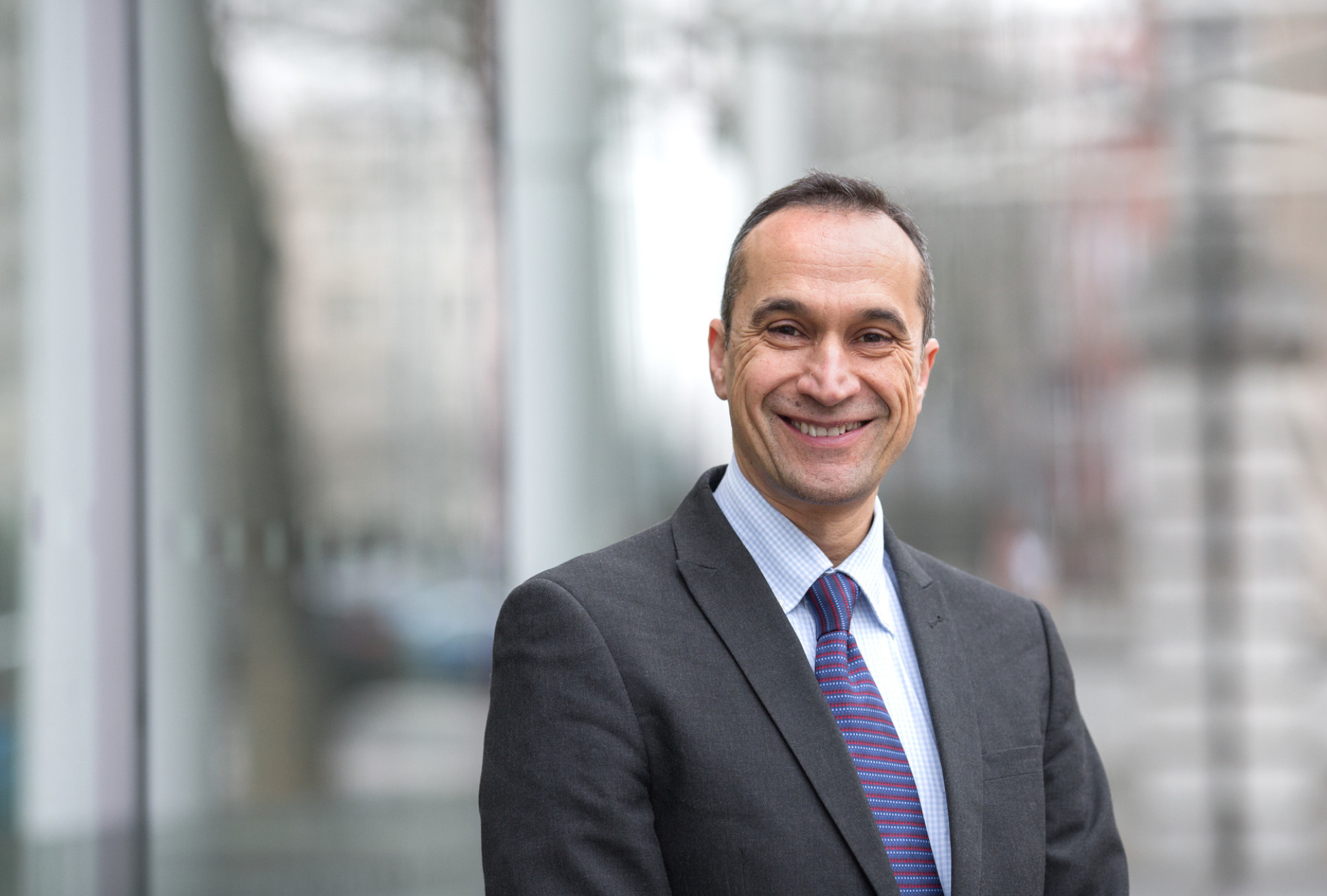

“I’m delighted to receive this award,” Nilay said. “Chairing the History Group was one of the most challenging and rewarding things I’ve done for many years.
“It was particularly a great pleasure to work with a diverse set of colleagues who were all committed to exploring and understanding our history and to making the College a more inclusive institution for staff, students and stakeholders.”
Dr Anna Barnard: Outstanding Early Career Researcher
Dr Anna Barnard, Advanced Research Fellow (Sir Henry Dale Fellowship) in the Department of Chemistry, was awarded the President’s Medal for Outstanding Early Career Researcher.
“My research is in chemical biology, looking at the interactions proteins make with one another,” Anna said. “We are targeting interactions in bacteria to try to make sure the whole population is targeted by antibiotics. Similarly, we are also examining interactions in cancer, to try to improve treatment.”
Since starting a Junior Research Fellowship at Imperial 2015, Anna has developed an extensive research funding portfolio, securing grants totalling over £2.3m as principal investigator. Her group now consists of three postdoctoral research associates and four PhD students, and is one of the fastest growing and well-funded groups in the department.
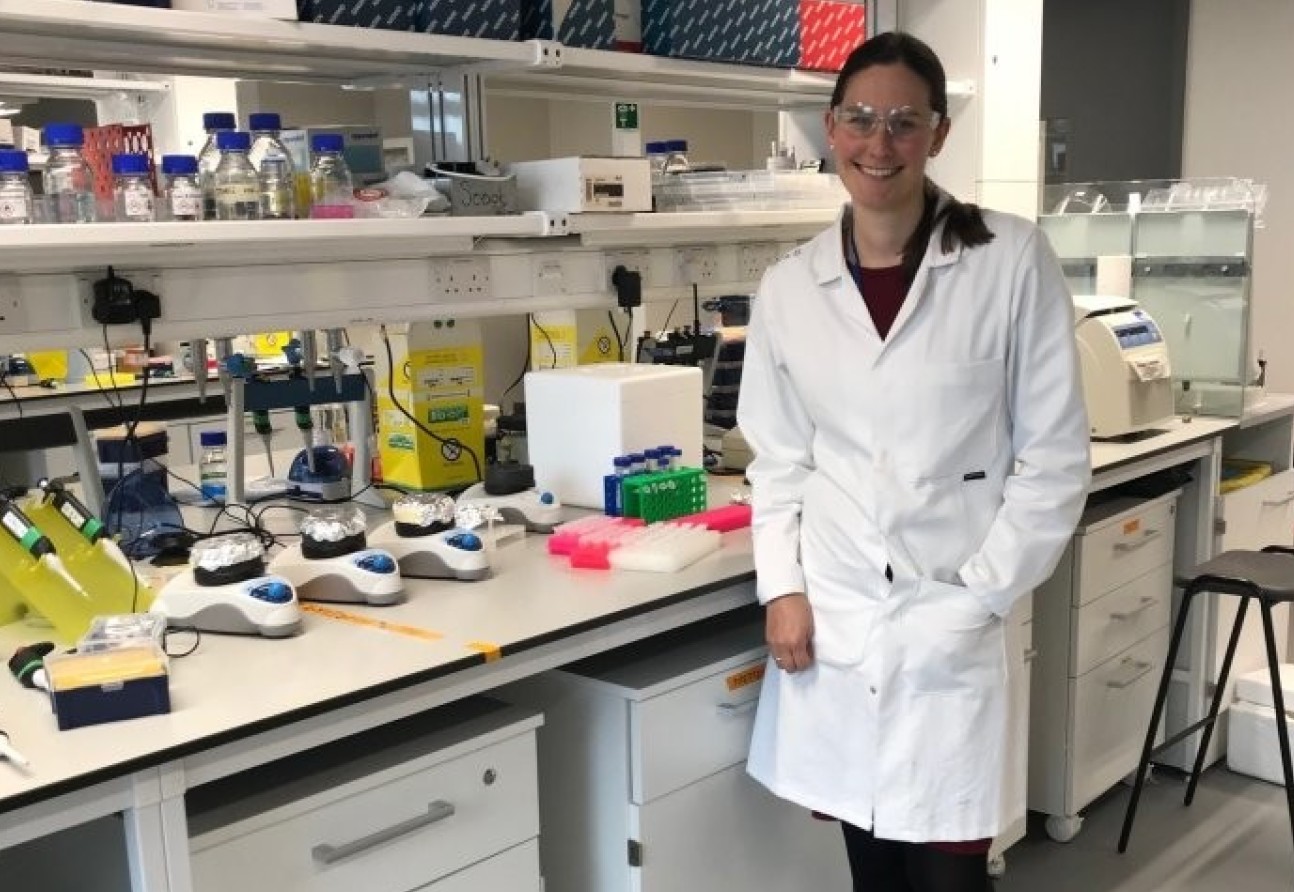

Alongside her research, Anna is also Co-Director of Equality, Diversity and Inclusion (EDI) for the department. In this role she has embedded EDI training in the department, so it is now part of the curriculum for undergraduate students and part of induction for postgraduate students.







































